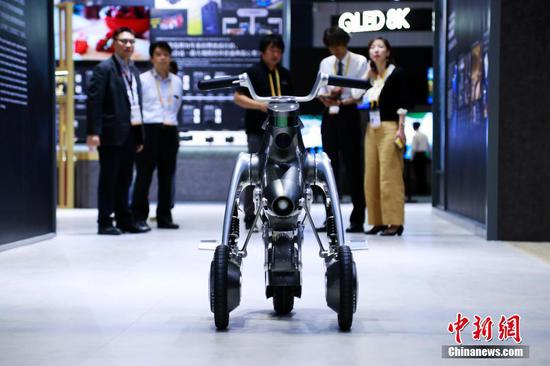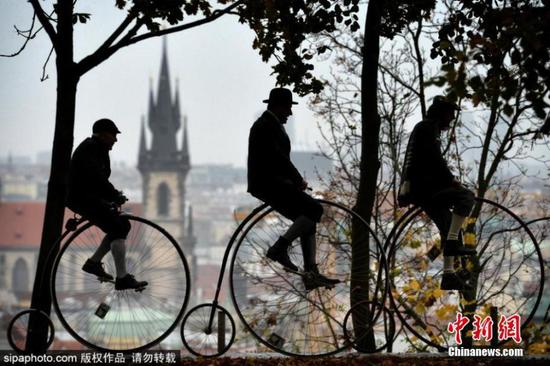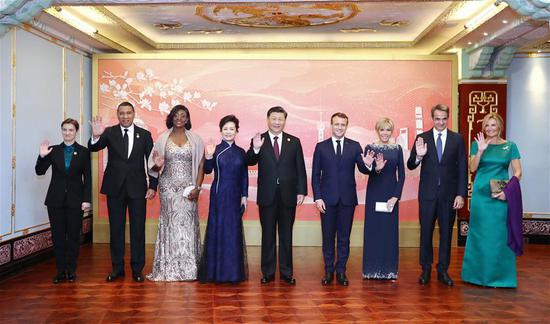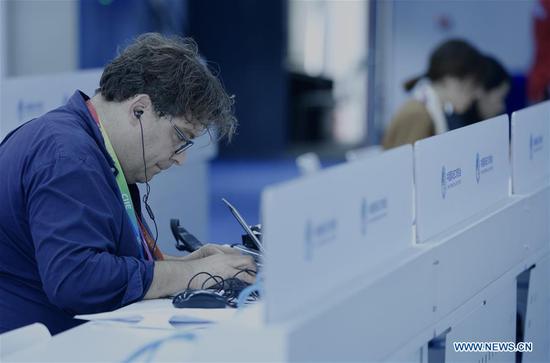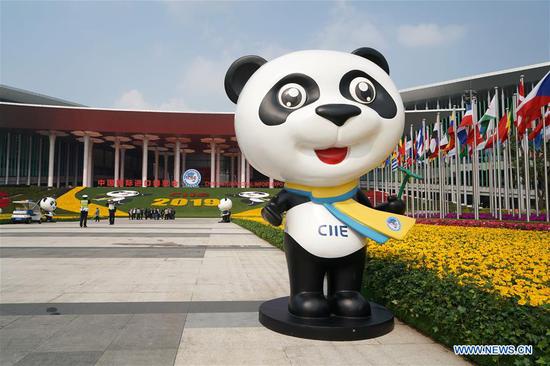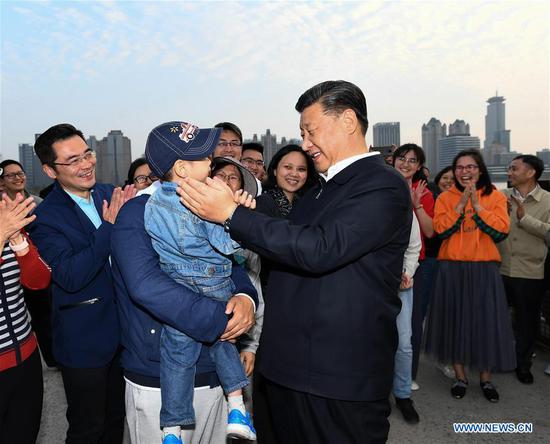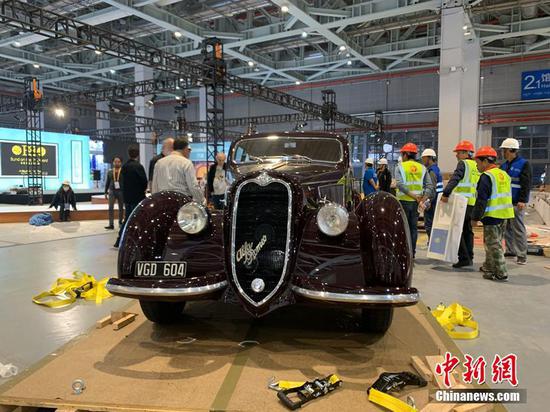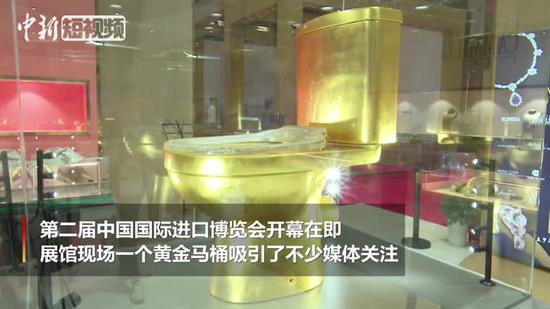The outgoing president of the European Commission, Jean-Claude Juncker, has accused British Prime Minister Boris Johnson of being one of the people telling "so many lies" during the build-up to the June 2016 referendum which set in train the Brexit process that has dominated European Union politics ever since.
The veteran Luxembourg politician, who will be succeeded by Germany's Urusula von der Leyen next month, has previously expressed his regret at how much of his five-year term has been occupied by the still unresolved issue of how Britain is to disengage from the bloc.
"So many lies were told, including by current prime minister, Boris Johnson, that there needed to be a voice to counter them," he said in an interview for German magazine Der Spiegel. He also revealed that he had wanted to speak out for the "Remain" cause during the Brexit referendum, but was advised against it by then-prime minister David Cameron.
"Cameron made it clear that he didn't have any use for me," he said. "The European Commission is even less popular in Britain than it is on the Continent. I decided not to get involved. Looking at it today, I think that was a big mistake."
Juncker said he knew from very early on that the Remain option would lose the national vote, and had a one-pound ($1.28) bet with one of the British commissioners. He has kept his winning coin.
Even among Remain-supporting figures in British politics such as former British prime minister Tony Blair, Juncker said, the repeated message that the EU was an economic project, not a political one, fundamentally undermined the Remain campaign's chances.
But he firmly rejected the suggestion that a unified European political state was the long-term goal, saying: "Even highly enthusiastic Europeans are against our union becoming a European melting pot."
Meanwhile, as the focus of British politics turns toward more domestic concerns in the run-up to the general election on Dec 12, the House of Commons has appointed Lindsay Hoyle as its next speaker. He will take over from the retiring John Bercow, whose colorful oratorical style has been one of the most eye-catching features of coverage of the Brexit debate.
Hoyle, an MP since 1997, has served as one of Bercow's deputies since 2010. He won the House vote to be speaker after four rounds of voting eliminated six other candidates.
While he continues to represent his constituency in Parliament, the speaker is the highest authority in the House and makes rules on an impartial basis. It is the tradition that no other candidate stands against the speaker if an election is called.












